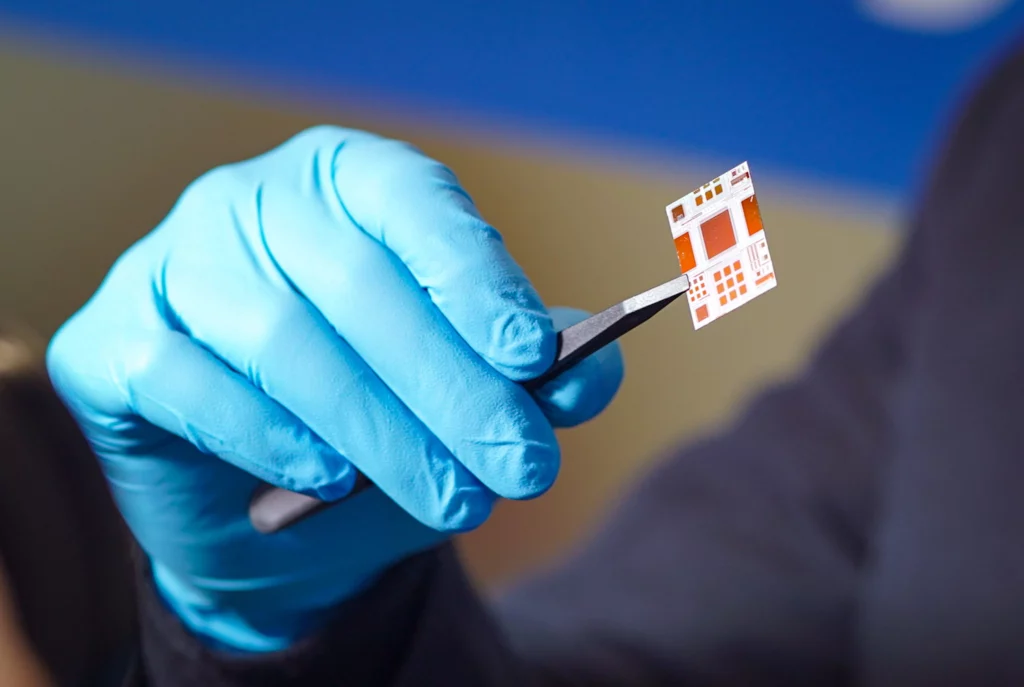
China’s push for disruptive technology is gaining momentum with the establishment of a US$56 million research facility at Fudan University in Shanghai. The Neuromodulation and Brain-Computer Interface (BCI) Research Centre, launched last Saturday, aims to advance BCI technology, which enables humans to control external devices like computers and robotic limbs with their minds.
The 400 million yuan facility represents China’s strategic effort to close the tech gap with the United States, a longstanding leader in BCI research. Fudan University’s new centre is expected to drive innovation in medical and healthcare applications, such as restoring sight for the blind and mobility for paralyzed patients.
Deputy Director Shu Yousheng highlighted the challenge of industrializing innovative BCI due to insufficient technical support from other disciplines. The research centre aims to bridge this gap, integrating Fudan’s brain science resources to power the clinical application and industrialization of BCI technologies.
In December 2021, the Shanghai city government identified BCI technology as a focal point for high-end medical equipment development under its latest five-year plan. BCI is among the future industries promoted by the central government as “new quality productive forces,” a concept introduced by President Xi Jinping.
A January guideline from Beijing emphasized the industrialization of BCI technologies, encouraging breakthroughs in key technologies and applications in medical rehabilitation. The Beijing city government unveiled a roadmap in April for accelerating BCI industry development, targeting breakthroughs and the incubation of leading companies by 2026.
Furthering this initiative, a BCI laboratory was established in March 2023 in Tianjin, which has since formed an association involving over 40 financial institutions, research institutes, and state companies.
The United States has maintained a leadership role in BCI technology, with significant contributions from institutions like the University of California, Berkeley, and the Massachusetts Institute of Technology. Despite this, China has recently surpassed the US in the number of BCI research publications, as noted in a peer-reviewed paper in Brain Informatics.

Neuralink Corp, co-founded by Elon Musk, has made headlines with successful BCI implant procedures. The company recently implanted a second paralyzed patient with a device allowing the use of digital devices via thought control. In China, Tsinghua University scientists reported a significant milestone with their first wireless BCI implant in February, which they claim is less invasive than Neuralink’s device.
China is also setting industry standards for BCI technology, addressing ethical concerns such as privacy, safety, and autonomy. In February, a guideline for BCI research development and application was released, and the Ministry of Industry and Information Technology recently sought public feedback on establishing a committee to develop BCI standards.
Featured Image courtesy of DALL-E by ChatGPT
Follow us for more updates on Fudan University’s New Brain Chip Centre.
